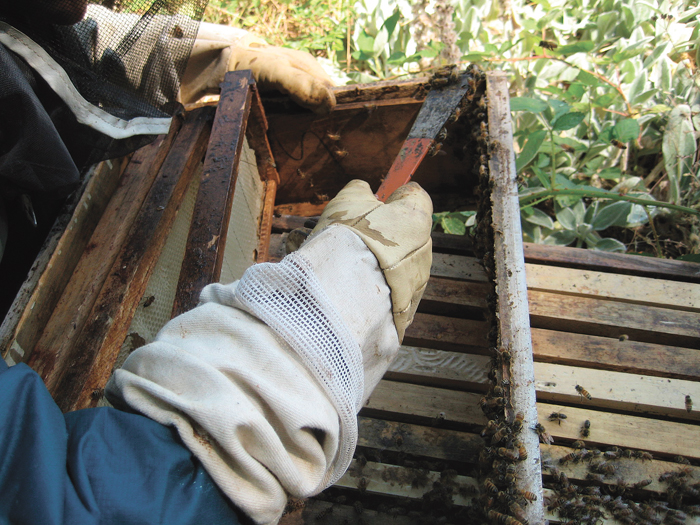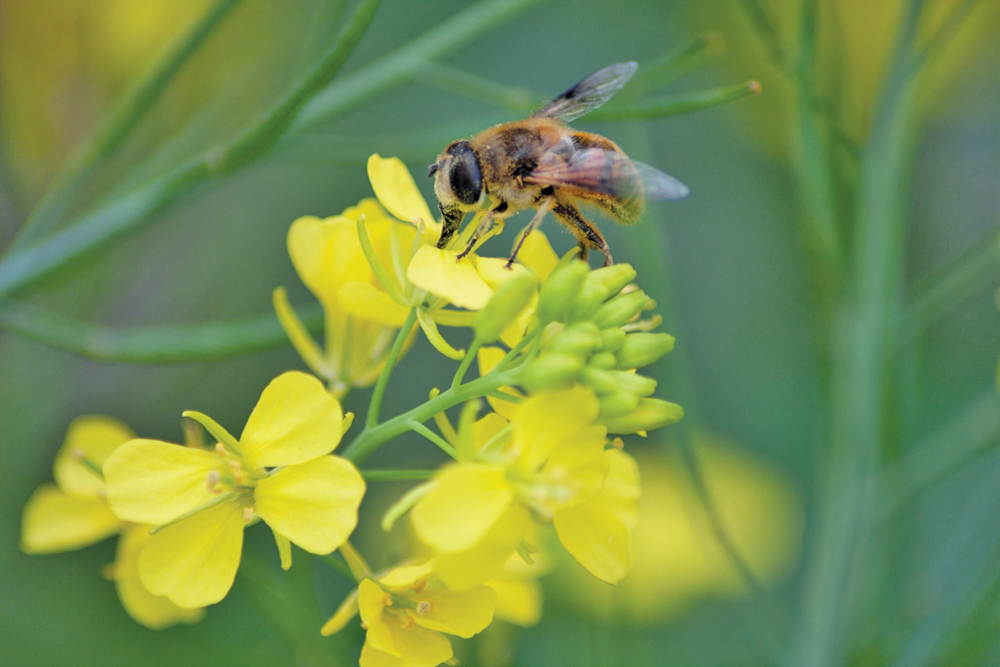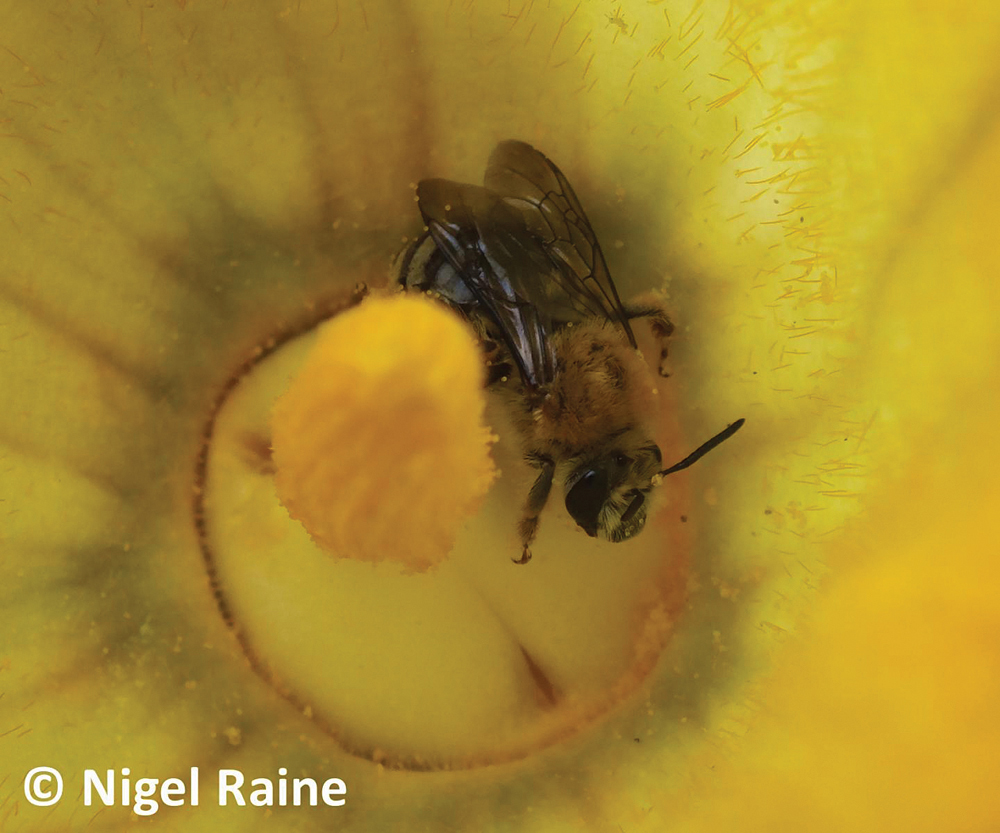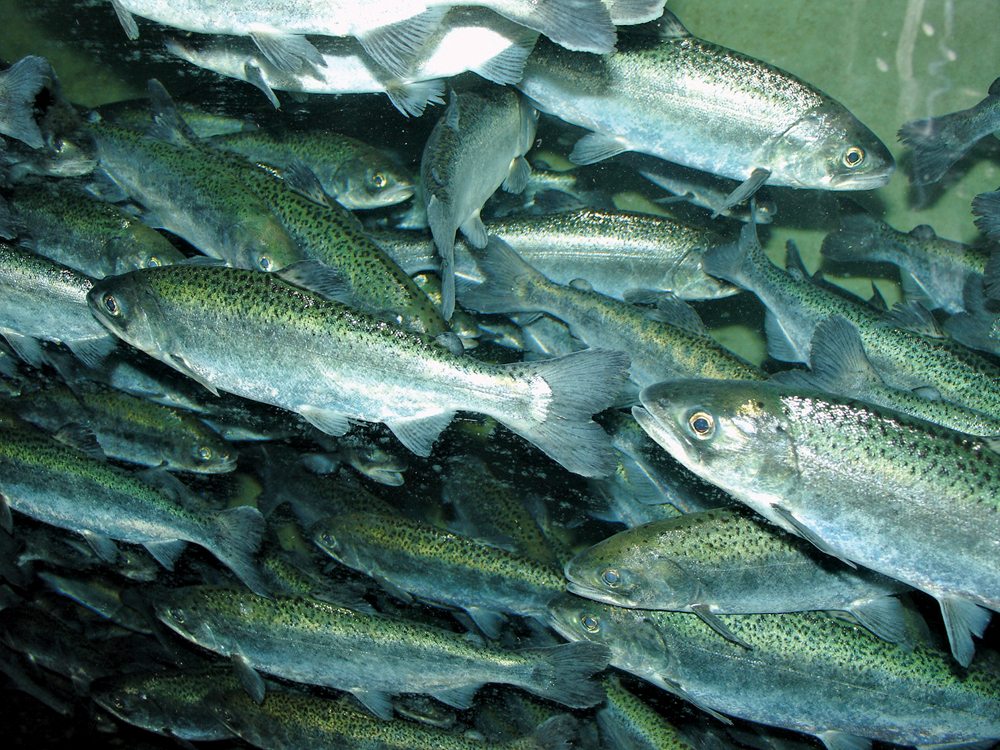Apparently it works on mice, so millions of men may be hoping it works on them too. Scientists writing in the American Chemical Society’s Journal of Agricultural and Food Chemistry say the material that honeybees use to seal their hives may promote hair growth.
In an ACS release, Ken Kobayashi and colleagues report that propolis, a resin-like material that honeybees use to seal small gaps in their hives, also contains active compounds that fight fungal and bacterial invasions. People from ancient times had noticed propolis’s special properties and used it to treat tumours, inflammation and wounds. More recently, research has shown that the substance promotes the growth of certain cells involved in hair growth though no one had yet tested whether that, in turn, would result in new locks.
Read Also
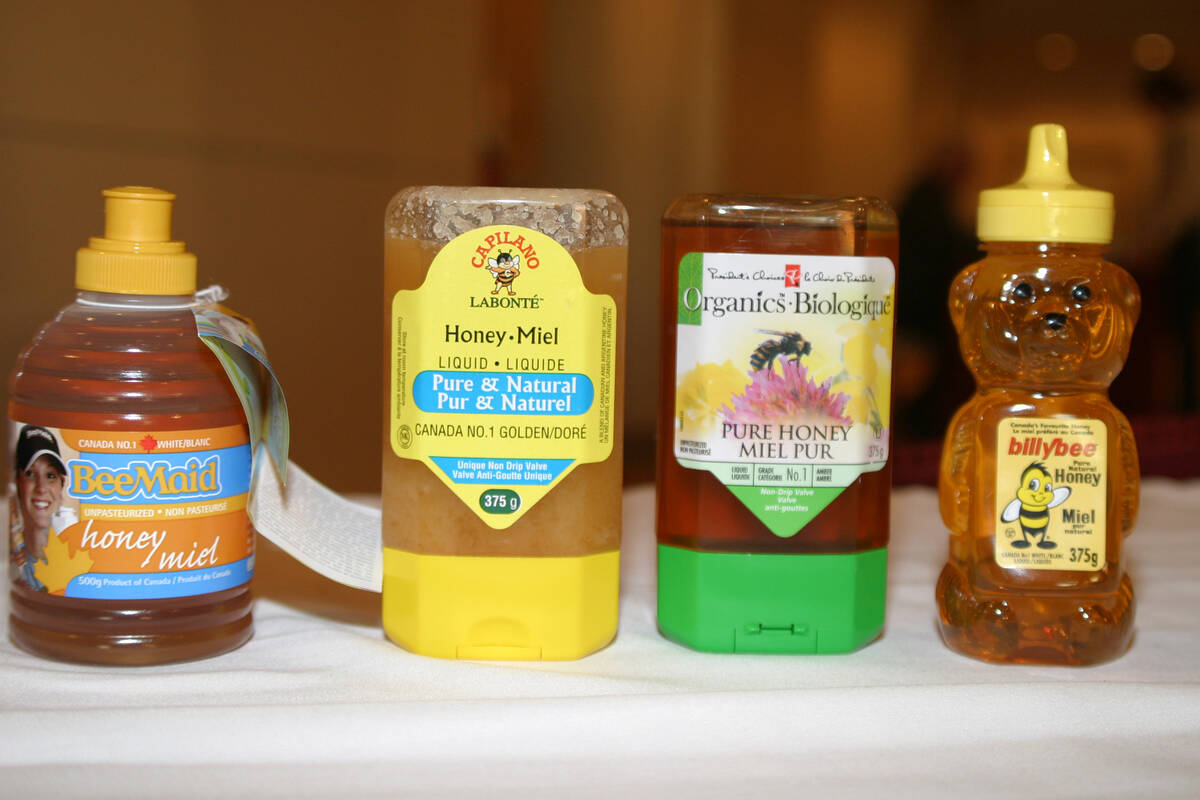
Beekeepers call foul on fake honey
Canada’s beekeepers say the stubborn flow of adulterated honey hasn’t gone away, and it risks compromising both domestic honey producers and crop pollination.
The release says that when the researchers tested propolis on mice that had been shaved or waxed, the mice that received the treatment regrew their fur faster than those that didn’t. The scientists also noticed that after the topical application, the number of special cells involved in the process of growing hair increased.
Although they tried the material on mice that could grow fur rather than balding mice, the researchers note that hair loss conditions often result from abnormal inflammation. Propolis contains anti-inflammatory compounds, so they expect it could help treat balding conditions, the ACS release says.

